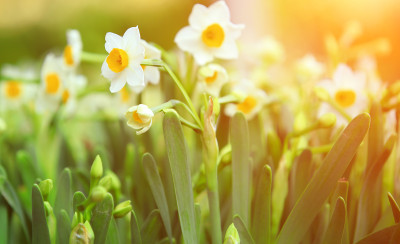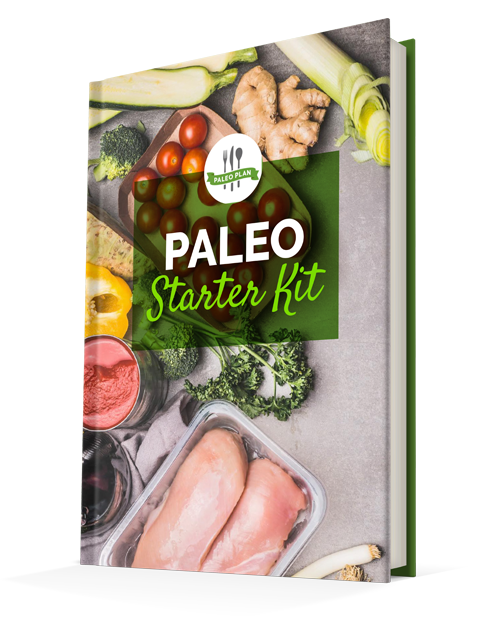
Today is the first day of Lent, a 40-day holy season of observance for Christians. It begins on Ash Wednesday, and continues for 40 days (not counting Sundays), leading up to Easter, which is when Christians celebrate the death and resurrection of Jesus Christ.
Lent is intended to be a season of contemplation, sacrifice, and simplicity with fasting and prayer—a time to grow in faith. Easter, of course, has both secular and religious observations, but for Christians, it’s arguably the most sacred time of the year. This is because the entirety of Christian faith is based on the death and subsequent resurrection of Jesus Christ. So Lent is a time of year to take a sobering, sacred look at our personal lives.
 Many people choose to give something (or many things) up during the 40-day season. For some, this can be meat, sugar, or other forms of foods. For others it can be a variety of other influences which a person desires a break from: social media, TV, internet, or other vices. Soda is a popular choice for Lenten fasting, for example.
Many people choose to give something (or many things) up during the 40-day season. For some, this can be meat, sugar, or other forms of foods. For others it can be a variety of other influences which a person desires a break from: social media, TV, internet, or other vices. Soda is a popular choice for Lenten fasting, for example.
Is Fasting Only For The Religious?
As a Christian, my seasons of fasting and reflection are far from limited to Lent, and I’ve actually chosen to give up all forms of refined sugar for the entire year. In my view, faith isn’t something that is confined to specific seasons of remembrance. Faith allows us to celebrate, commemorate, and fast at all times of the year.  Fasting is a principle that, at its heart, is centered around wellness, whether physical, emotional, or spiritual. Even if you aren’t of the Christian faith, fasting is a practice that is applicable to many other faiths, and even those who don’t follow any form of religion. When we fast, we take a break from things that affect us, sometimes even in positive ways. We choose to limit our intake of specific things to bring a more narrowed focus to what’s important in life. Fasting—whether from literally skipping meals at specified times or from limiting the scope of sensory intake—is a healthy practice, and one that encourages general well-being and vitality. This is particularly true today as we live in a culture that thrives on sensory overload, and prides itself on stress and busyness.
Fasting is a principle that, at its heart, is centered around wellness, whether physical, emotional, or spiritual. Even if you aren’t of the Christian faith, fasting is a practice that is applicable to many other faiths, and even those who don’t follow any form of religion. When we fast, we take a break from things that affect us, sometimes even in positive ways. We choose to limit our intake of specific things to bring a more narrowed focus to what’s important in life. Fasting—whether from literally skipping meals at specified times or from limiting the scope of sensory intake—is a healthy practice, and one that encourages general well-being and vitality. This is particularly true today as we live in a culture that thrives on sensory overload, and prides itself on stress and busyness.
So Where Does Paleo Fit In?
Many who aren’t Paleo would consider it to be one big horrifying fast from all that is delicious. It seems unnatural for non-Paleoites to give up grains, dairy, and processed foods indefinitely, let alone for 40 days. And if you’re already Paleo, you’re probably saying to yourself, “what else is there to give up?”  It’s difficult to discuss a sacred season alongside a diet mainly because, for those who observe the season as a part of their faith, it could feel like commercializing something that is indeed very personal. But whether you’re religious or not, why not consider a 40-day fast for your health? Even if you’re already die-hard Paleo, there are surely tweaks that could be made to your diet to improve health. For example, even though I’ve already given up refined sugars (and all natural forms too, except the occasional dab of raw honey), a goal I need to focus on for 40 days is eating more vegetables. That’s probably something that most people could work on, even if you’re already Paleo.
It’s difficult to discuss a sacred season alongside a diet mainly because, for those who observe the season as a part of their faith, it could feel like commercializing something that is indeed very personal. But whether you’re religious or not, why not consider a 40-day fast for your health? Even if you’re already die-hard Paleo, there are surely tweaks that could be made to your diet to improve health. For example, even though I’ve already given up refined sugars (and all natural forms too, except the occasional dab of raw honey), a goal I need to focus on for 40 days is eating more vegetables. That’s probably something that most people could work on, even if you’re already Paleo.
While my eat-more-greens isn’t a strictly religious goal for me, I strongly believe that taking care of our health is indeed a very religious, sacred pursuit. As part of my faith, I believe that God is the giver of life, and the life we have been given is the only one we’ve got. Making the most of it by caring for our bodies is, in fact, a holy act that pays tribute and honor to God. Even if those aren’t your beliefs, I think that most would agree that life is more fully lived and enjoyed when we are healthy.
40 Days To Better Health
Maybe you’ve been halfheartedly Paleo for awhile, and could benefit from going all in. Or maybe you’re as gung ho about Paleo as you can get, but there are other areas of life that could stand to be improved. Our emotions and physical health are closely tied to each other, so if one isn’t well, the other could likely be suffering, too.
When you take stock of your health,  your well-being, and even your spiritual life, as many Christians do during the season of Lent, you allow yourself to make note of changes that could be made for your own good. Sometimes we are simply too busy to slow down and notice these things. For Christians, many times we are so overwhelmed with living life (and even being involved in ministry or serving others) that we don’t properly observe our faith—and this is why we have Lent, and other holy seasons—to be reminded of these most important things in our lives.
your well-being, and even your spiritual life, as many Christians do during the season of Lent, you allow yourself to make note of changes that could be made for your own good. Sometimes we are simply too busy to slow down and notice these things. For Christians, many times we are so overwhelmed with living life (and even being involved in ministry or serving others) that we don’t properly observe our faith—and this is why we have Lent, and other holy seasons—to be reminded of these most important things in our lives.
If you are going Paleo for Lent, there is an entire community of support for this time. And who knows? You just might discover that after the 40 days is up, you feel such a difference in your physical health, that grains and dairy aren’t worth going back to. The interesting thing with fasting is that of the many times I’ve done it, I’ve more readily realized that if I can do without something for six weeks, I must not really need it that much at all.
Lent is a sacred time for many, so without getting all commercialized, I’m simply going to say that if you have given up grains or dairy for Lent, and if you need some help figuring out what on earth to eat during this time, then why not take a look at the free 14-day trial we have? It’s free, plain and simple. You can customize your food choices by choosing fish on Fridays , or excluding pork products or all forms of sugar.
Keep well,
Aimee McNew, MNT
